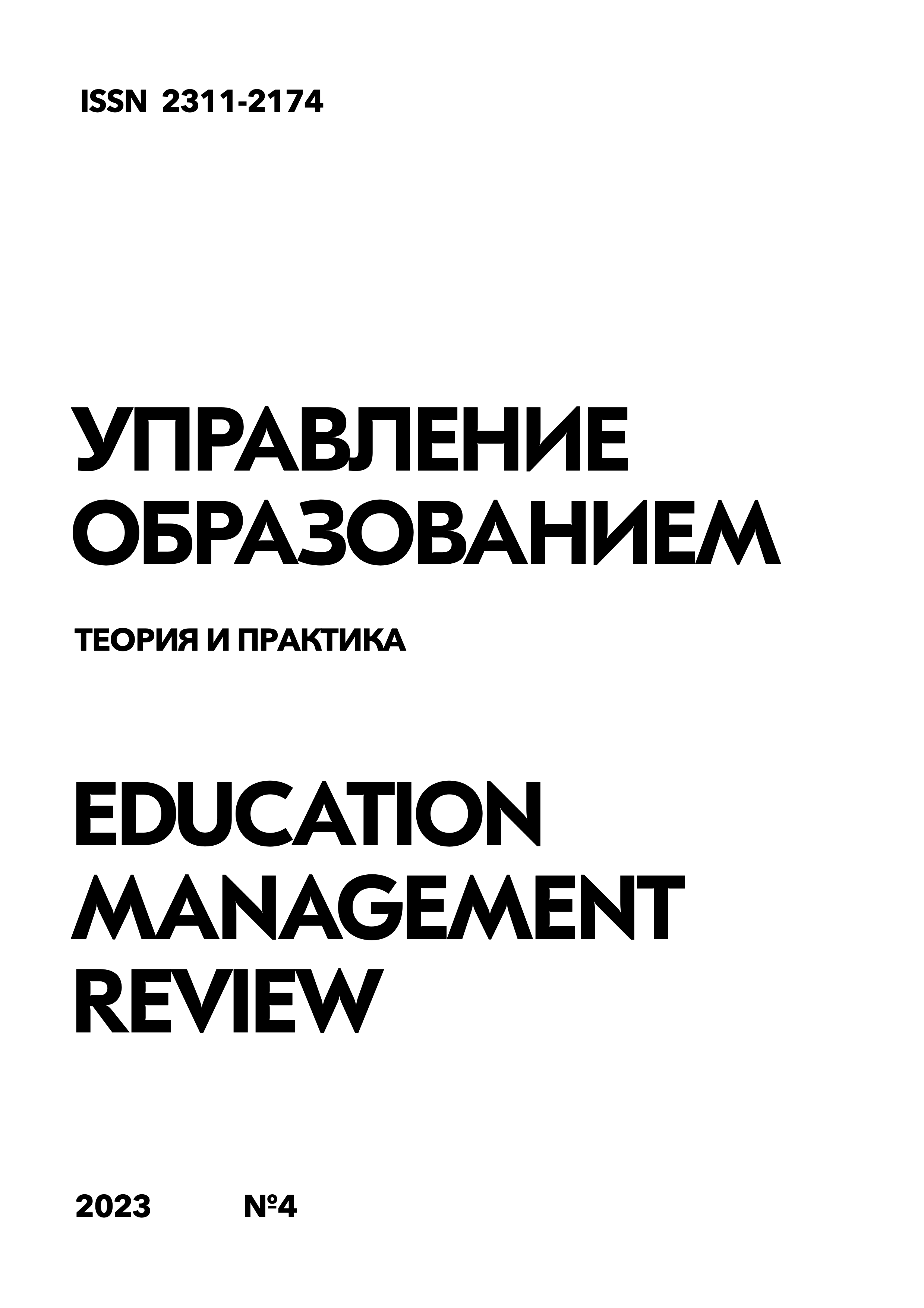Education: individualization vs socialization
DOI:
https://doi.org/10.25726/t8840-8199-5430-aKeywords:
process, individualization, socialization, personality, attitudeAbstract
Any process involved in the life of society can be viewed from several sides, directions, and they may have different attitudes to each other: radically opposite, arising from each other, etc. In this article we will consider the processes of individualization and socialization of personality in the context of personality education and find out how they are interconnected with each other. The relevance of the topic lies in the fact that in the process of education, going through certain stages of development and undergoing certain processes that have an effect on personality identification, an integral personality is formed. The concepts of "individual" and "personality" have significant differences, the main of which is that a person has his own worldview, which includes the experience gained during the transition from one stage of development to another, including individualization, and socialization, etc.
References
Мудрик А.В. «Социализация человека»: учебное пособие для студентов высших учебных заведений. М.:Изд-во Московского психолого-социального института, 2011. 589с.
Карл Юнг «Индивидуализация», глава 30.
Cohen, A. M., & Brawer, F. B. (2008). The American community college. John Wiley & Sons.
McFarlane, A. E., Sparrowhawk, A., & Heald, Y. (2002). Report on the educational use of games. TEEM.
Prensky, M. (2001). Digital natives, digital immigrants part 1. On the Horizon, 9(5), 1-6.
Biggs, J., & Tang, C. (2011). Teaching for quality learning at university. McGraw-Hill Education (UK). 7. Knowles, M. S. (1975). Self-directed learning: A guide for learners and teachers. Association Press.
Brighouse, H. (2006). On education. Routledge.
Vasquez, V. M., & John, P. (2013). Blended learning in higher education: Institutional adoption and implementation. Computers & Education, 69, 4-14.
Lave, J., & Wenger, E. (1991). Situated learning: Legitimate peripheral participation. Cambridge University Press.
Gee, J. P. (2003). What video games have to teach us about learning and literacy. Palgrave Macmillan. 12. Hattie, J., & Timperley, H. (2007). The power of feedback. Review of educational research, 77(1), 81-112.




